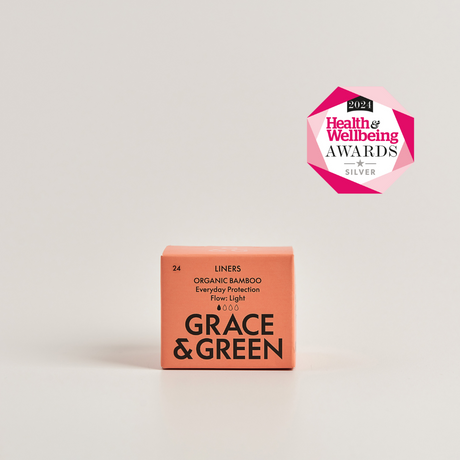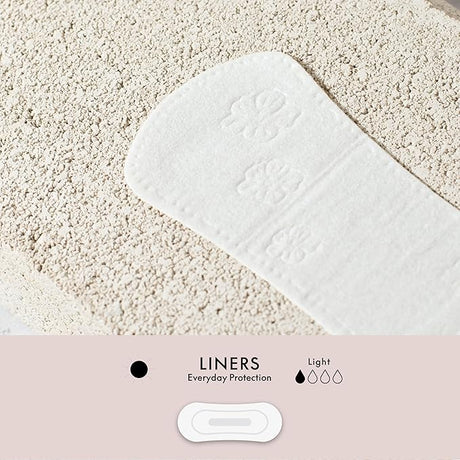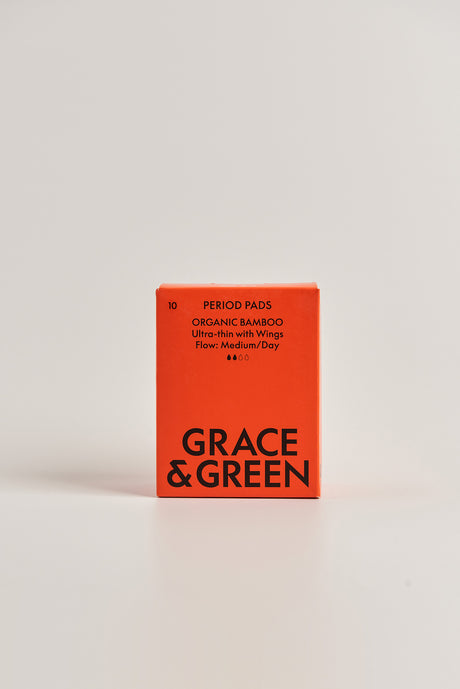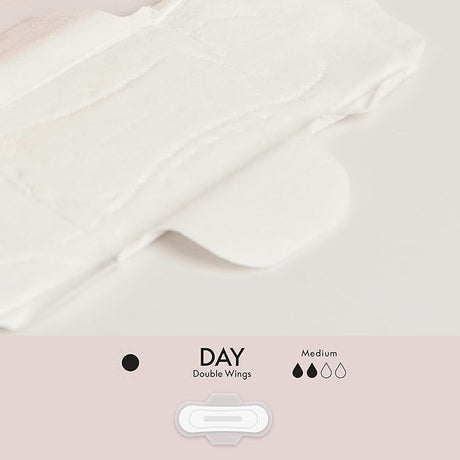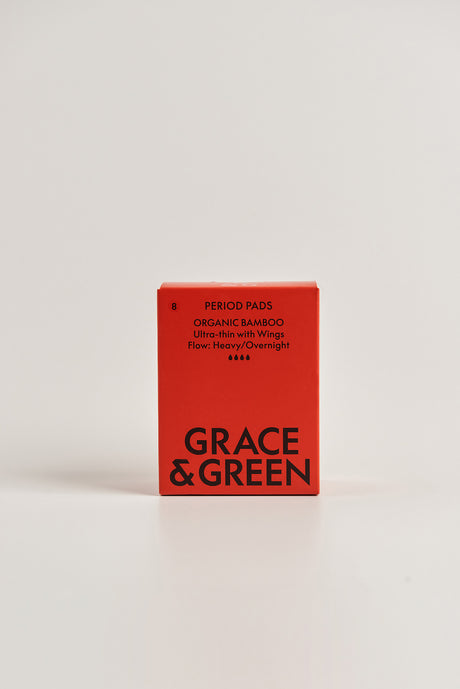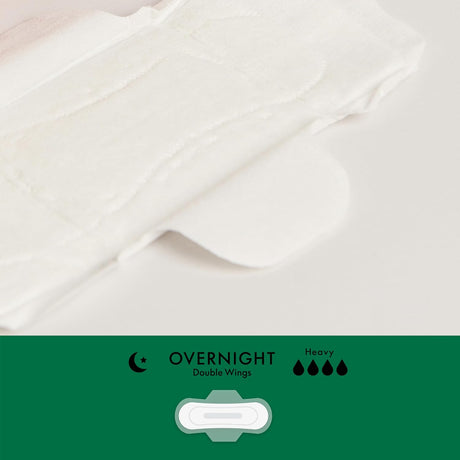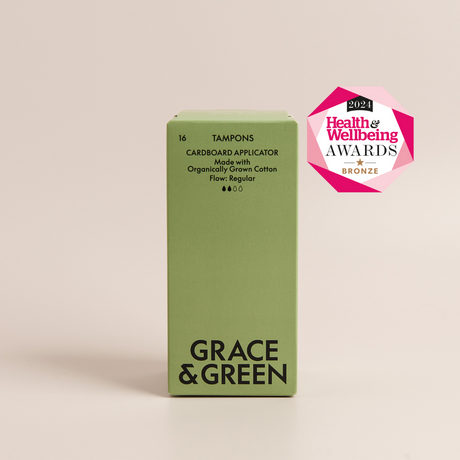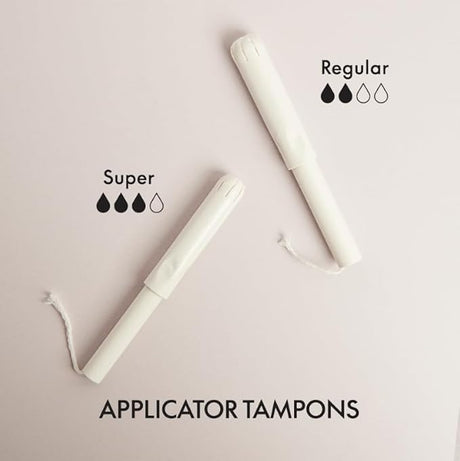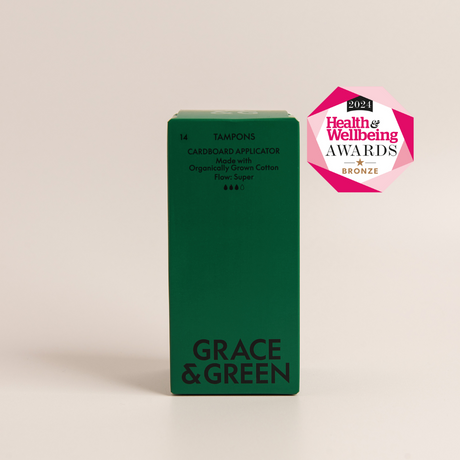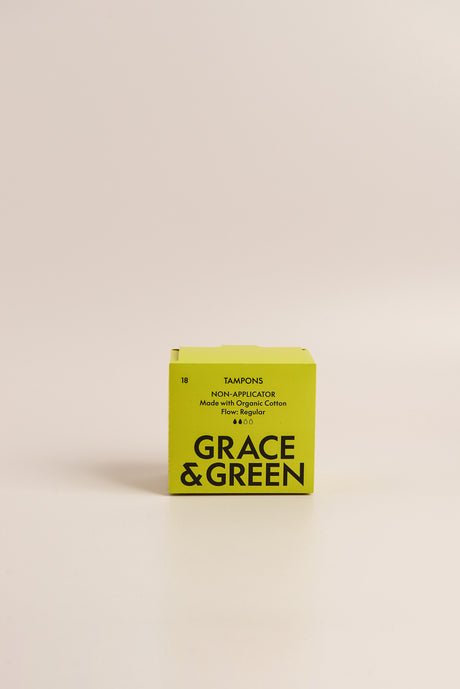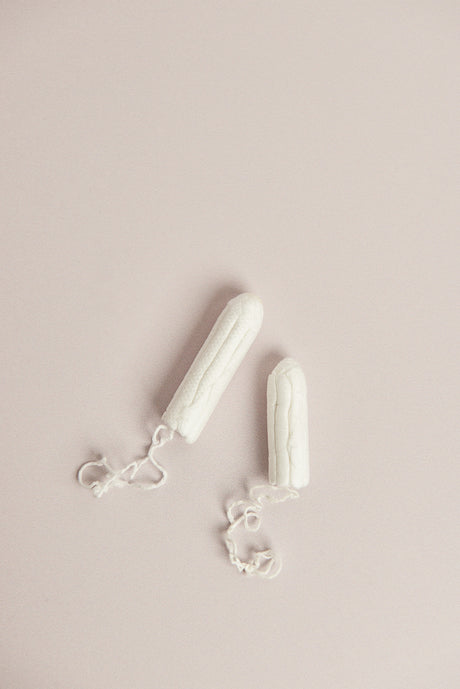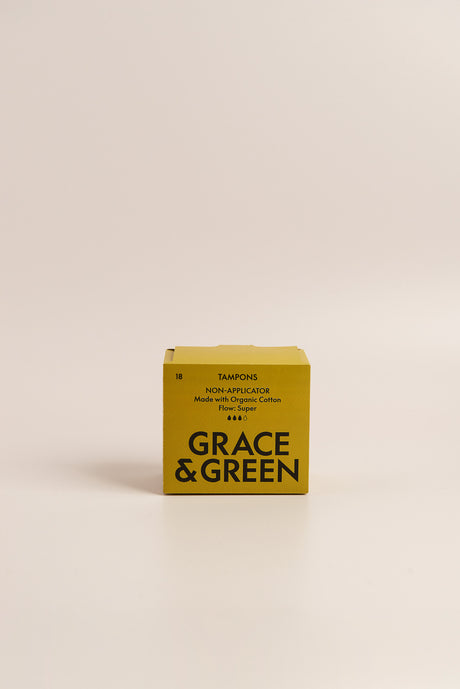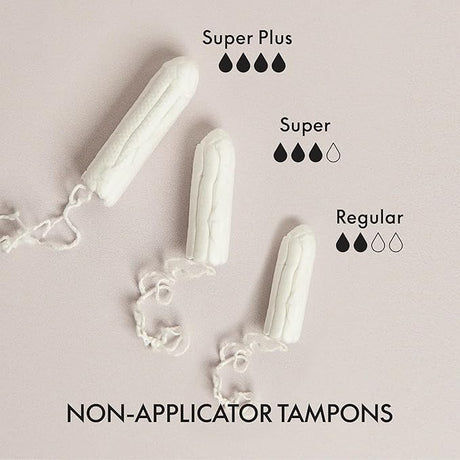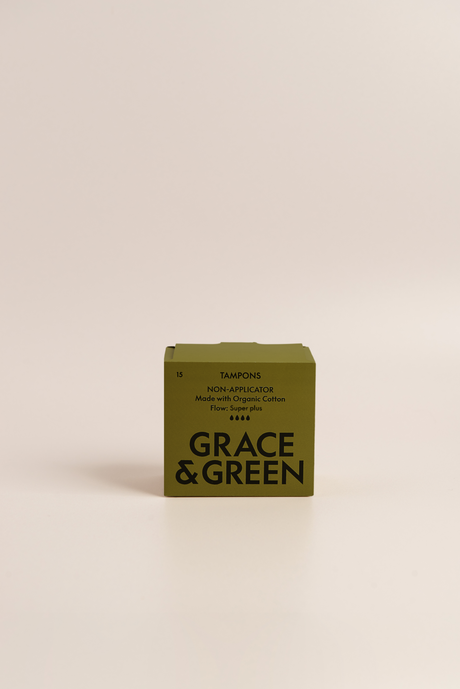Period education shouldn’t be a one-size fits all experience. Ultimately, everyone experiences periods differently and education should reflect this.
At Grace & Green, we believe that education should be about breaking barriers, fostering understanding, driving change and creating a space where everyone has the knowledge and support they need to navigate their menstrual journey with dignity.
To help you raise the bar on period education, we’ve outlined four key topics that are often overlooked, but need to be addressed when discussing menstrual health.
Cultural Sensitivity
Periods and menstrual health topics are viewed differently across cultures, whether they’re celebrated or shamed. Individuals must be provided with a range of information which allows them to make the best choice for their body and personal circumstances.
Period Poverty
This refers to the inability to access period products due to financial constraints and/or limited education. This lack of access can force menstruators to use unsafe products to manage their periods including toilet paper, socks and dish rags. No one should be at a disadvantage when it comes to menstrual health.
Transgender & Non-Binary Menstruators
Talking about periods using exclusively feminine language and imagery results in excluding transgender and non-binary people from the conversation. This can have a detrimental effect on their mental health and wellbeing, preventing them from accessing support and medical information.
People with SEND*
When discussing periods and menstrual health topics, it’s important to recognise the needs of a range of individuals. No one experiences periods and menstrual health in the same way and some people with disabilities may need additional support, information and guidance.
If this has piqued your interest then visit our Period Dignity hub for loads more free, downloadable educational content.


